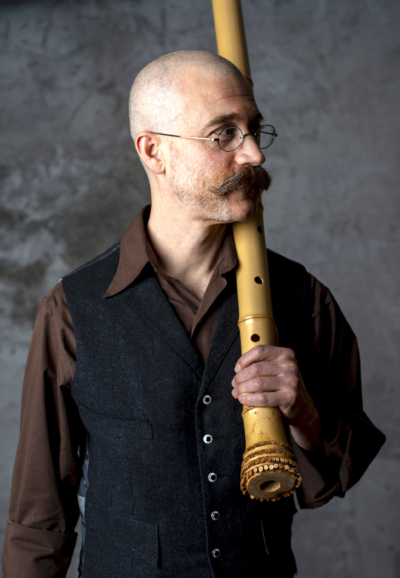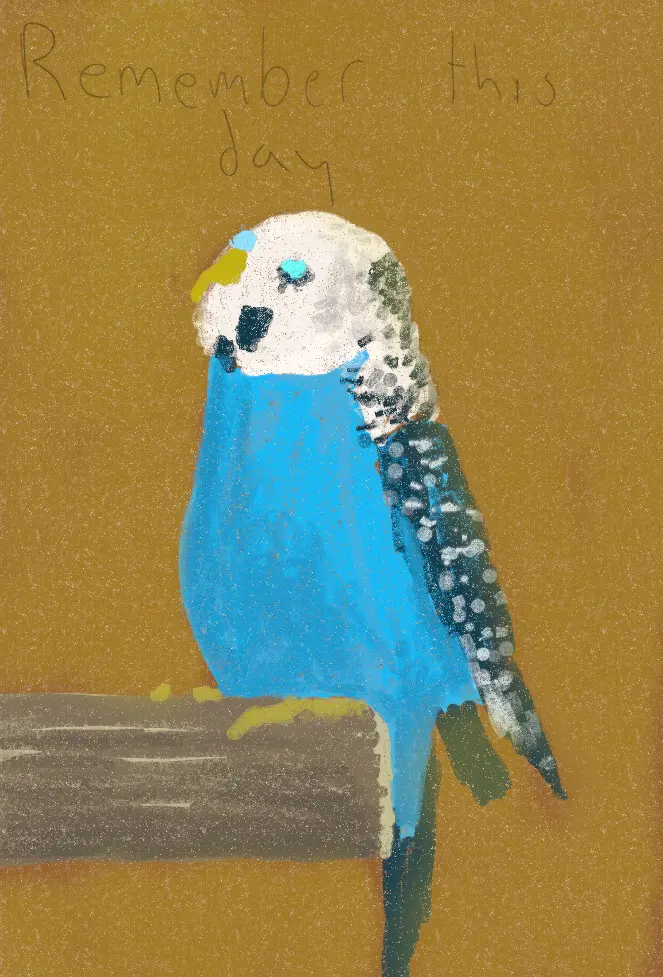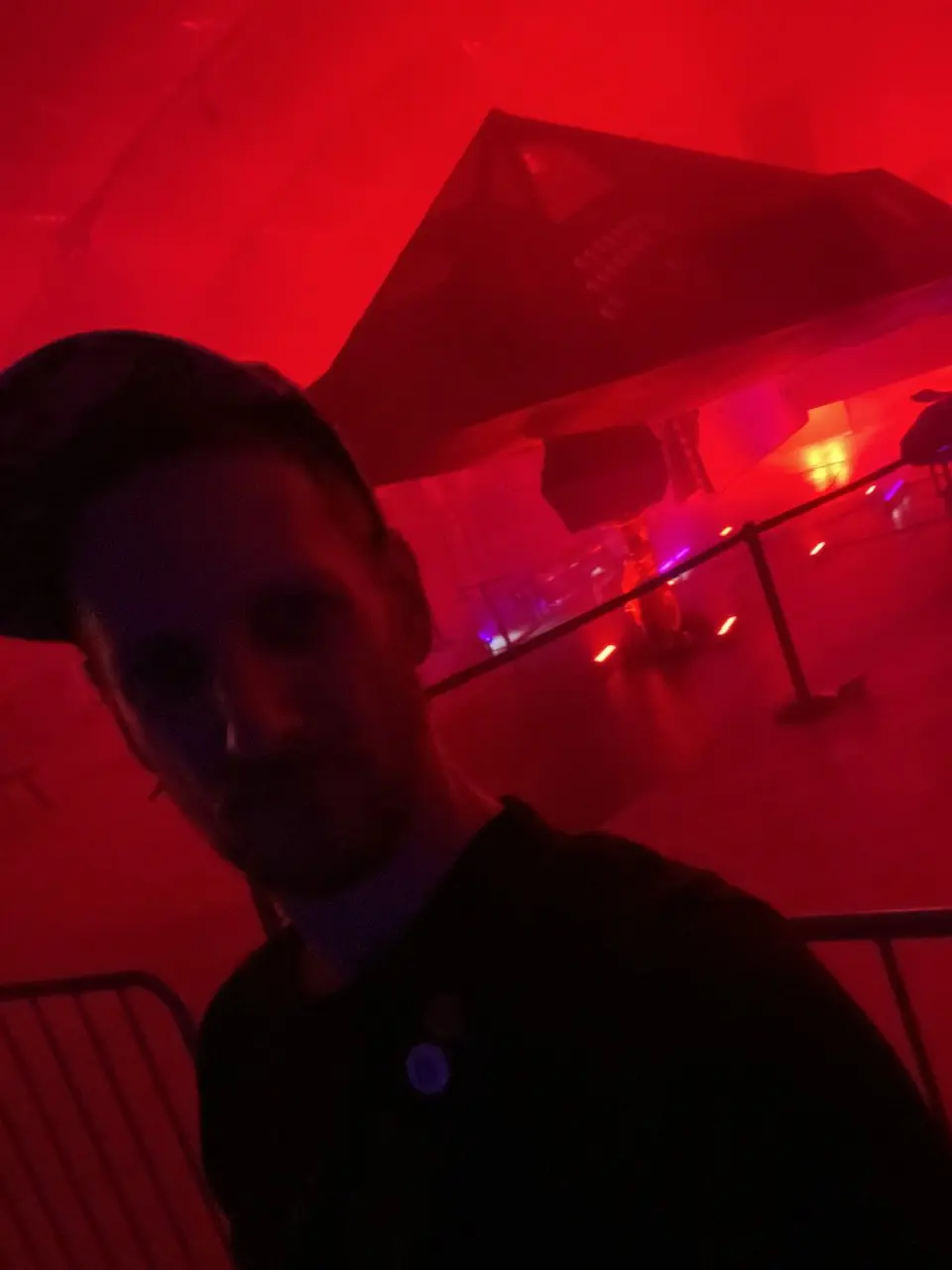What ancient musical instruments gained popularity after modern reconstructions? I know that the lyre is one of them, but what others?
deleted by creator
I got to see the guy who played the shakuhachi for The Ghost of Tsushima.
He said that it had pretty much been forgotten until it started to get interest from outside of Japan and now there is worldwide interest again. People had to go back and figure out the old music notation and melodies and translate them into something modern musicians could read.
Thought I would add a link to him. His name is Cornelius Boots, and while his name and looks don’t make him seem like he should be an expert of a lost Asian art, he is.

When I saw him take the stage at the cherry blossom festival, I was worried about some cultural misappropriation about to happen, until he explained his story, and it was only after I got home, I found out he was from the GoS soundtrack.
He has a wide mix of styles he plays in from traditional Japanese to modern hip-hop and rock inspired works. It was fun to see him explain the history of the instrument, show us how it works differently than other flutes, and to talk about the revival movement of the music. He seemed like a really cool guy.
I play early music as an amateur, and I’ve seen a few fun older instruments around.
I’m currently learning the renaissance lute, a bowl-backed six to 8 course precursor (sort of) to the modern guitar. It has a large period repertoire that can be played pretty accurately due to the surviving tablature and plentiful treatises on technique and style. It is a plucked instrument, they really weren’t strummed much like a modern guitar.
The older variant, the medieval lute, was primarily a strummed instrument; the musician would usually hold a quill or similar tool as a plectrum. The notation at the time was not as complete as what we are used to (and there are also far fewer sources on how to read it), but there is some very good scholarship in the field that gives us a pretty decent guess on how the repertoire sounded.
The recorder went through a kind of revival in the early 20th century, as it was a fairly easy folk instrument to mass produce while also being beginner friendly (since you don’t really need to develop your embrasure to make a passable sound). The modern variety is known as the baroque recorder, and has a standardized fingering with a more mellow sound than it’s earlier counterparts. Incidentally, flutes are likely some of the oldest instruments that humanity produced, with the oldest known example being a cave bear bone flute probably made by a Neanderthal.
The old recorders sounded worse?! 😧 (I tease!)
What instrument did you start with, and what got you into older music and instruments?
Here is a video of a professional Renaissance recorder consort in lower voicings (the lowest I believe being contrabass) that shows how great they are. They do get a bad reputation because it’s easy to make them squeak really badly as a beginner (and especially as a young person with no musical training). They really are a great introductory instrument into early music though; you can get a plastic tenor for about $40 and it’ll be the same one professionals practice on regularly.
I got started in early music on modern guitar with a book of tabs, and it was a great way in. I later met up with a local group who pointed me towards some great resources, and I loved it so much that I wanted to go deeper by learning to play an actual period instrument. I did some research and talked to a bunch of people for advice on what to buy and finally picked one up and took some lessons at the beginning of the year. It’s a lot harder to get into than guitar, but it’s also incredibly rewarding.
Bravo, those are by far the best recorders I have ever heard! My music teacher is in a recorder quartet, so she has a few of the decent modern Yamahas, and they’re leaps better than the classroom recorders kids play, but I still don’t really dig how they sounded. Flute is her primary instrument, and I’d much rather hear her play that. The recorders in the video look like another huge step up from the Yamahas though. I do feel though they definitely serve a purpose in music education though.
I am glad there are people keeping all these instruments and musical styles alive though. Like any other bit of art/culture, it’s easy to forget about it when it goes out of style, and by the time anyone remembers, it’s all been lost. One of the surprising parts of my musical education is learning just how much of a joyous part of life music was for so much of our history. With no tv, internet, or recordings, live music was a way to have fun, an opportunity to dance or sing, a way to cross cultures and learn about places you would only ever hear stories about.
I wholeheartedly agree!
One of the things out group does is play for dancers at reenactment events. The dance steps were recorded for a lot of the Renaissance period pieces, and it’s pretty incredible to be able to coordinate the tunes for the same dances from hundreds of years ago.
It really changes the atmosphere of an event to have music around; it’s a living connection to history.
As I like learning about history as well, having historical music education helps tie things together also. You can follow who are the trendy cultural centers of the time, and different countries get the best composers, and just the attitudes of the people of the time, if you have songs meant to be played by some rich guys full orchestra, or one person playing folk music on a single instrument. With being the musician, you’re not an observer, you’re trying to embody the spirit that song was composed to share with others. It’s like a very basic time machine if you really get into what you’re doing. I think it’s really cool stuff!
The clavinet caused a brief resurgence of interest in the clavichord because it solves the “too quiet” problem of the original.
One of my favorite instruments





